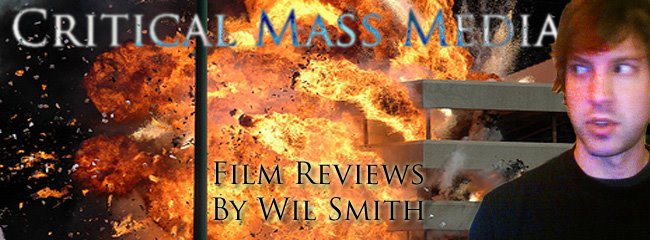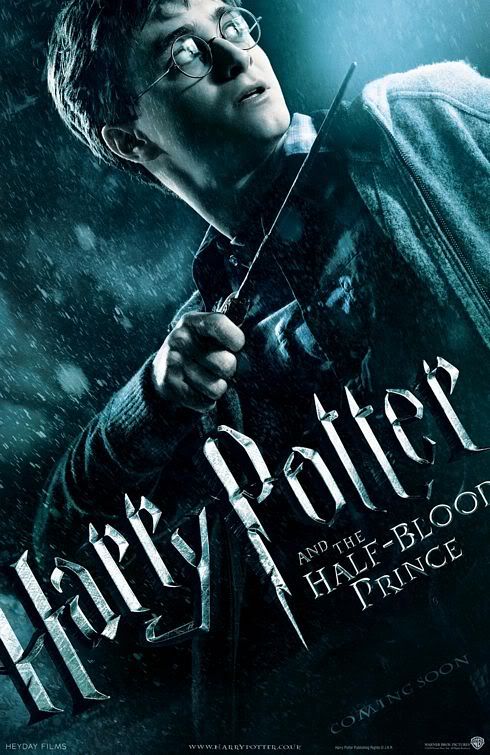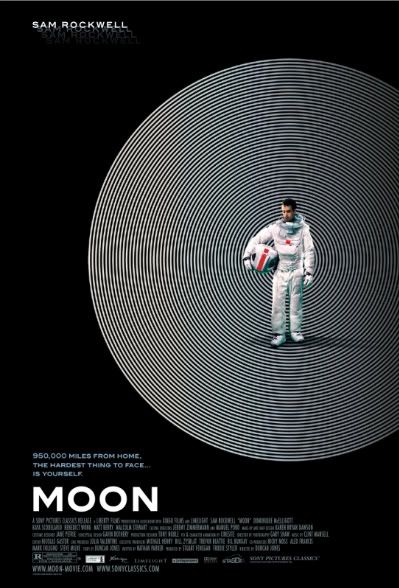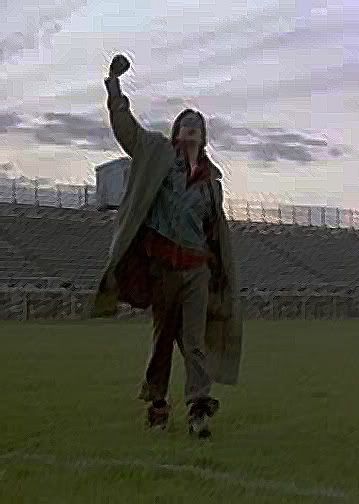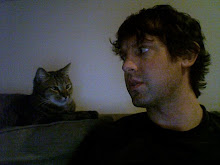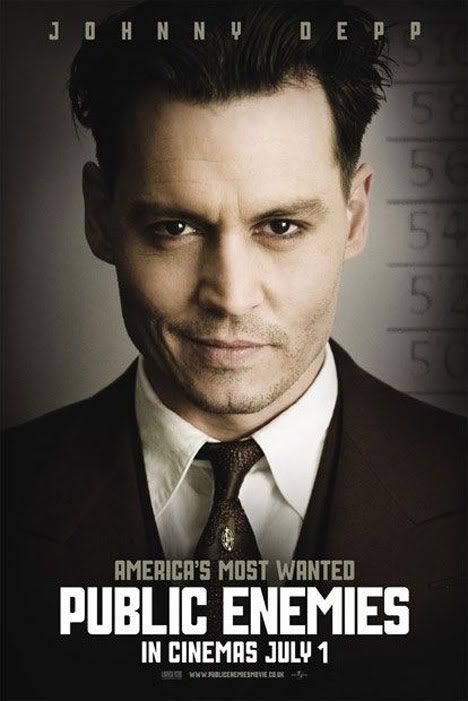
Michael Mann has had an overall impressive career. There have been the missteps along the way, like the over-inflated Ali and the nigh irrelevant revisiting of his 80's TV property Miami Vice, but movies like Heat, The Insider and Collateral maintain the balance. Now as the pioneer of the Digital Cinema age, Mann's Public Enemies ushers in the new era of filmic storytelling.
Enemies takes an interesting look at the life of John Dillinger. Instead of focusing on his rise to gangster infamy as the most renown bank robber this side of the Great Depression, we see the quieter portion of his downfall leading up to his assassination outside the Biograph Theater. Also interspersed through the tale is the birth of J. Edgar Hoover's Bureau of Investigation through the machinations of G-Man Melvin Purvis.
The way Mann has utilized the digital video technology is definitely unconventional. There are a number of scenes with sparse lighting that gives the image a grainy appearance, which at first appears to be amateur but slips into an almost documentary feel at times. And yet, Mann still proves that no one can film a gun fight quite like he can. He displays some of the most sleek and dynamic camera moves of his career during the bank heist and prison break scenes.
Depp's portrayal of Dillinger is one of his most understated performances in quite some time. While his physical likeness isn't necessarily uncanny, his mannerisms and overall persona convey such a staggering amount of charisma he sells himself to the role in spades. Christian Bale finally edges his way out of his gruff, gravelly voiced typecast as Melvin Purvis, which couldn't be further from his roles as either Batman or John Connor. He constructs an interesting anti-villain, while we're set to rooting for Dillinger for the most part, Purvis' transcends the typical "lawman" archetype, making himself sympathetic and noble at the same time. Those performances aside, the show is all but stolen by recent Oscar winner Marion Cotillard. Playing Dillinger's girl, Billie Frechette, Cotillard refuses to fall victim to the award winner's follow up film curse (see: Halle Barry.) The strength her character exudes, despite the gender role trappings of the era, is undeniably powerful.
Michael Mann only graces the big screen every 3 years or so. Public Enemies proves yet again that it's worth the trip to the theater when it happens.

